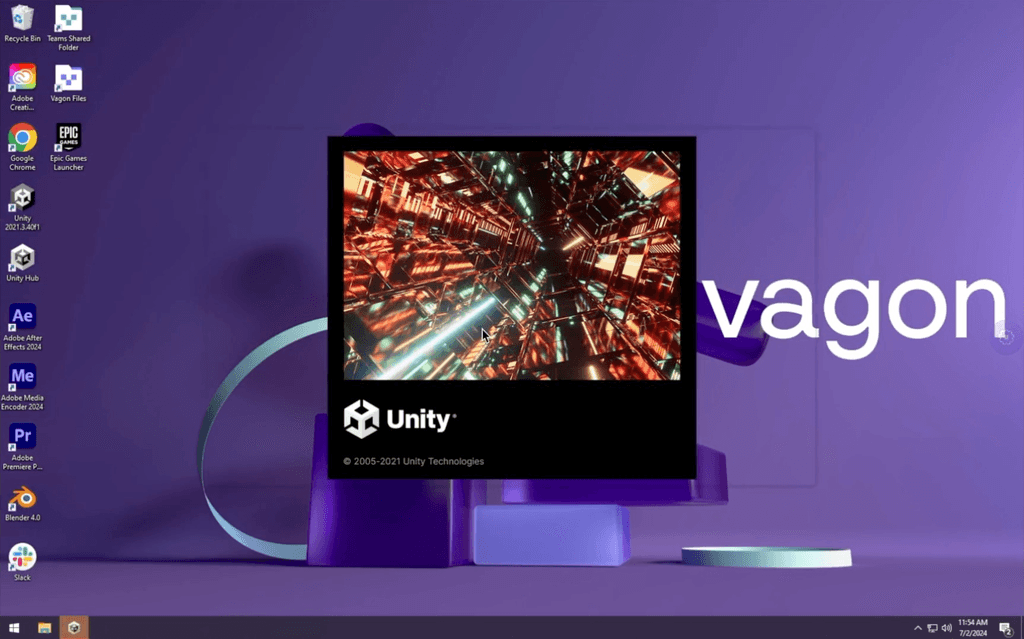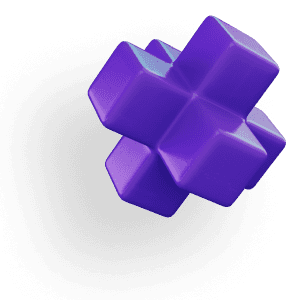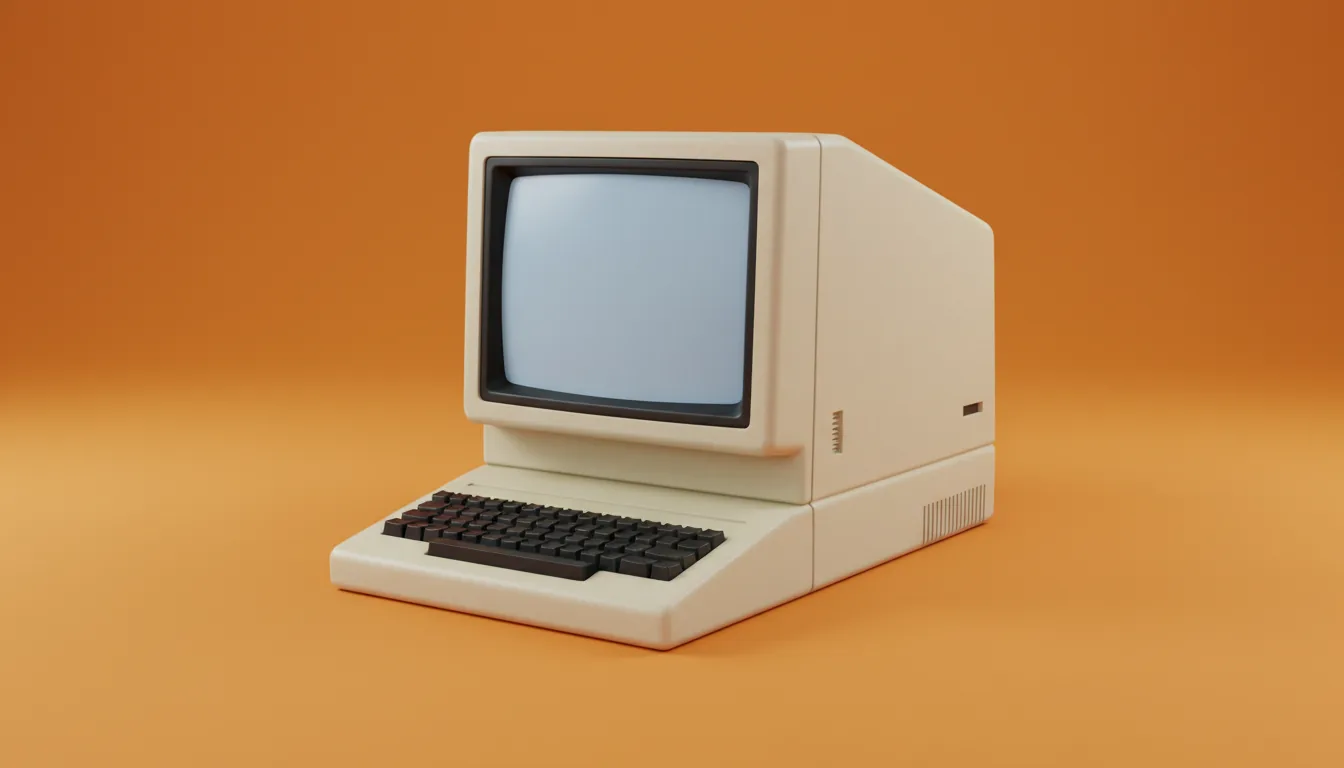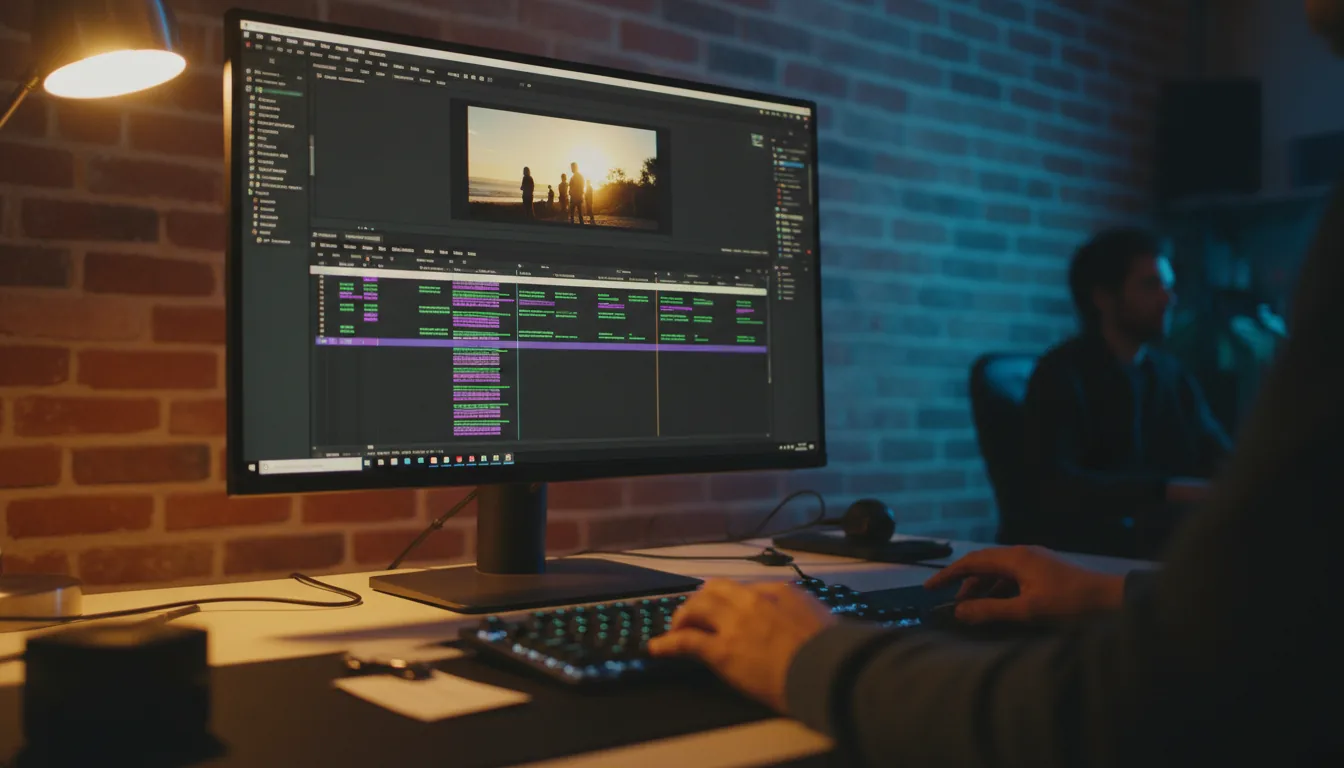HOW TO USE GPU
DaVinci Resolve 16
DaVinci Resolve is known for its powerful video editing capabilities, especially when leveraging GPU acceleration. By enabling GPU (CUDA) acceleration, users can enhance video processing speed, improve playback, and optimize effects, leading to more efficient workflows in high-resolution projects.
How to Enable GPU Acceleration in DaVinci Resolve 16
Launch DaVinci Resolve
Open the application from the default path:C:\Program Files\Blackmagic Design\DaVinci Resolve\Resolve.exeEnable GPU Acceleration
Go to Preferences in the global navigation dropdown.
Under the Memory and GPU tab, find GPU Configuration.
Set GPU Processing Mode to CUDA.
Set GPU Selection Mode to Auto.
Check Use GPU Scopes for more efficient scope performance.
Enable GPU for Decoding
Navigate to the Decode Options tab.
Check Use GPU for Blackmagic RAW decode.
For R3D footage, select Decompression and debayer to offload these tasks to the GPU.
These steps ensure DaVinci Resolve makes full use of your GPU for faster rendering and real-time playback.
Top Tips to Speed Up DaVinci Resolve
Use Proxies for Smooth Playback
For smoother playback of high-resolution footage, consider using proxy media. This creates lower-resolution files for editing without compromising the final output quality.Optimize Timeline Resolution
Lower your timeline resolution during editing (such as working in 1080p instead of 4K) to reduce system strain. This can be changed back to the final resolution when exporting.Use Efficient Cache Settings
Enable Smart Caching to allow DaVinci Resolve to pre-render heavy effects and color grades. This improves real-time playback, especially with GPU-intensive effects.Update GPU Drivers
Ensure your NVIDIA Studio Drivers are up to date for maximum compatibility and performance with DaVinci Resolve.Enable GPU Decoding and Encoding
For smoother playback of H.264 and H.265 footage, ensure hardware decoding is enabled for your GPU. This feature reduces CPU load, speeding up tasks like scrubbing through the timeline and exporting.
DaVinci Resolve 16 System Requirements
Minimum Requirements:
Operating System:
Windows: Windows 10 Creators Update.
macOS: macOS 10.14.6 Mojave or later.
Linux: CentOS 7.3.
Processor: Intel Core i7 or AMD Ryzen 7.
RAM: 16 GB (32 GB when using Fusion).
Graphics Card: Discrete GPU with at least 2 GB of VRAM that supports OpenCL 1.2 or CUDA 11.
Storage: Solid State Drive (SSD) for OS and application installation.
Recommended Specifications:
Processor: Intel Core i9 or AMD Ryzen 9 for enhanced performance.
RAM: 32 GB or more, especially for complex projects.
Graphics Card: NVIDIA or AMD GPU with at least 8 GB of VRAM for smoother playback and rendering.
Storage: SSD for OS and applications; additional high-speed drives for media and cache.
Meeting these specifications will help you get the most out of DaVinci Resolve 16, ensuring efficient workflows and high-quality outputs. Keep in mind that more complex projects, especially those involving high-resolution footage or extensive effects, will benefit from higher-end hardware configurations.
Top Recommended GPUs for DaVinci Resolve

NVIDIA RTX 4090
The RTX 4090 is currently the best GPU for DaVinci Resolve, offering unmatched performance in 4K and 8K editing, particularly when working with complex effects and color grading.NVIDIA RTX 4080
A more affordable but powerful option, the RTX 4080 handles high-end editing tasks efficiently, providing excellent real-time playback and fast rendering times.NVIDIA RTX 3060 Ti
For users on a tighter budget, the RTX 3060 Ti is a great choice for solid performance in 1080p and 4K projects, making it suitable for mid-range workloads without compromising too much on speed.
By enabling GPU acceleration and following these tips, you can significantly boost DaVinci Resolve’s performance, ensuring a smoother and faster editing experience, even with complex, high-resolution projects.
Enjoy Faster Renderings and Workflow with Vagon
When the goal is to cut down rendering times and speeding up your workflow, every second saved is a victory. But what if you could do more than just save a few seconds?
With Vagon’s cloud PCs powered by 48 cores, 4 x 24GB RTX-enabled NVIDIA GPUs and 192GB of RAM, work on your projects faster than ever. It’s easy to use, right in your browser. You can transfer your workspace and files in just a few clicks and try it yourself!





